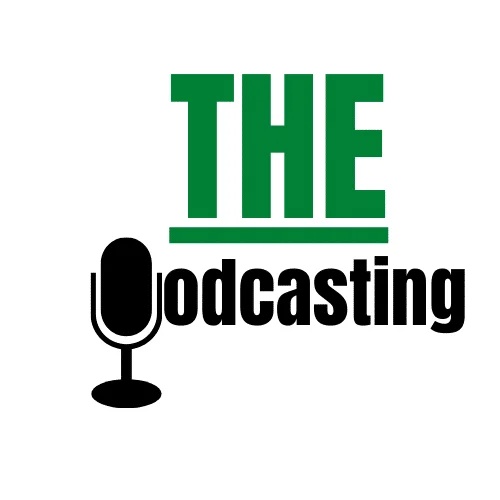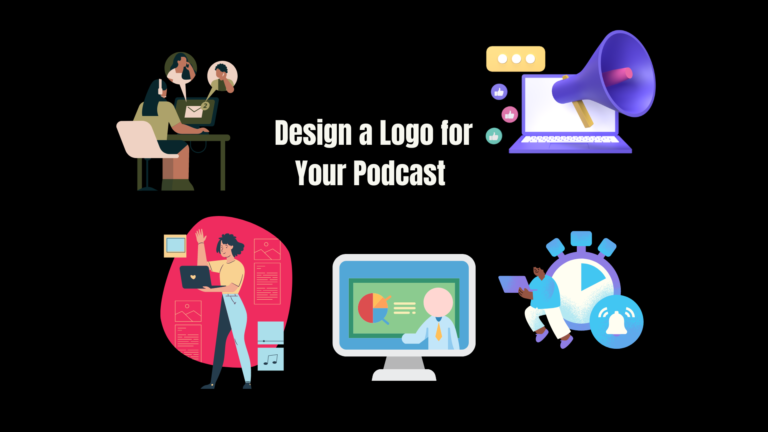Are you looking for a podcast hosting platform that offers a range of features and benefits for podcasters of all levels? Look no further than Libsyn. As one of the oldest and most established podcast hosting platforms in the industry, Libsyn has been helping podcasters publish and monetize their content since 2004. With a range of tools and analytics features, as well as flexible pricing plans and monetization options, Libsyn is a powerful and reliable platform for podcasters of all types. In this article, we’ll take a closer look at Libsyn and what it has to offer podcasters looking to take their content to the next level.
Libsyn Podcast Hosting Review: Features, Pros, Cons, and Pricing
What is Libsyn?
Libsyn, short for Liberated Syndication, is a podcast hosting platform that provides a range of services for podcasters to host, distribute, and monetize their podcasts. Founded in 2004, Libsyn is one of the oldest and most established podcast hosting platforms in the industry, and has been used by some of the biggest names in podcasting. The platform offers a range of tools and features, including customizable podcast websites, analytics and audience data, social media sharing, and monetization options such as advertising and listener support. Libsyn is a popular choice for podcasters of all levels, from hobbyists to professional podcasters and media companies.


